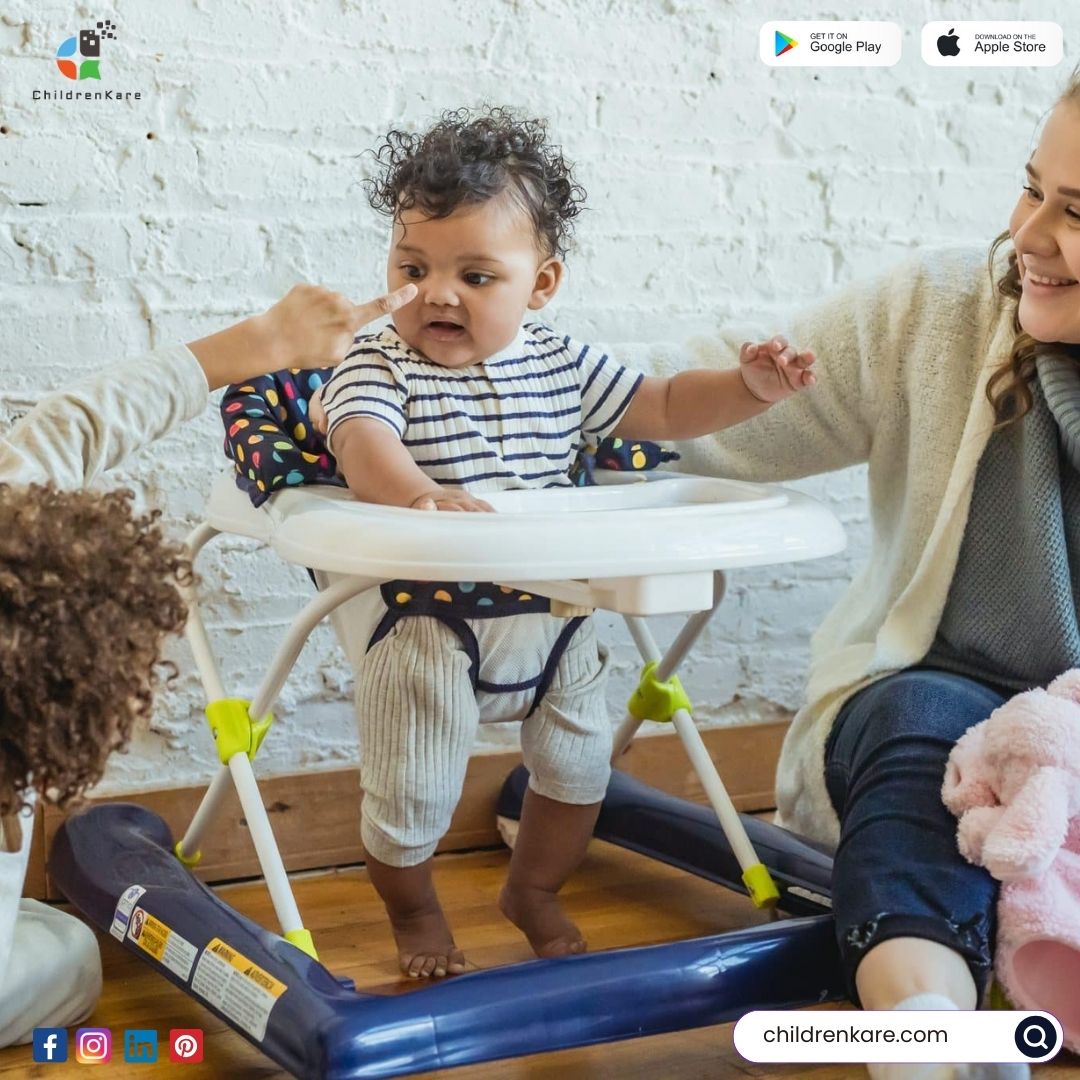As a parent, ensuring your child receives the right balance of learning and fun during their daycare experience is crucial for their overall growth and development. In this article, we’ll delve into the dynamics of daycares in Denver and explore how to strike that perfect balance.
Understanding Child Development
Before diving into daycare dynamics, it’s essential to understand the different facets of child development. Children undergo significant growth in various areas, including cognitive, social, emotional, and physical development. Cognitive development involves acquiring knowledge and processing information, while social and emotional development encompasses building relationships and managing emotions. Physical development pertains to gross and fine motor skills.
The Role of Daycare in Child Development
Best daycares in Denver play a pivotal role in fostering a child’s development. It provides a safe environment for exploration, offering ample opportunities for learning and growth. Beyond safety, daycare centers facilitate socialization, as children interact with peers and learn essential social skills. Moreover, structured learning activities tailored to different age groups contribute to cognitive development.

Key Components of a Balanced Daycare Program
A well-rounded daycare program incorporates educational curriculum alongside play-based learning and outdoor activities. Educational curriculum introduces concepts like numbers, letters, and shapes in an engaging manner. Play-based learning allows children to explore their interests and develop creativity. Outdoor activities promote physical health and offer a change of scenery, stimulating curiosity and exploration.
Tips for Finding the Right Daycare
Finding the right daycare involves thorough research, visits, and trust in your instincts. Researching daycare options online and reading reviews can provide insights into the quality of care provided. Visiting daycare centers in person allows you to observe the environment, interact with staff, and ask pertinent questions. Trusting your instincts is crucial; if something feels off, it’s essential to explore other options.
Essential Elements of Quality Daycare Provision
Effective communication between parents and daycare providers is essential for fostering collaboration and ensuring alignment in goals and expectations. Regular updates on the child’s progress keep parents informed and engaged in their child’s daycare experience. A balanced routine, incorporating structured learning time, free play opportunities, and outdoor activities, promotes holistic development and encourages creativity and social interaction. Safety is paramount in daycare settings, with qualified staff, adherence to safety protocols, and proper supervision ensuring a secure and nurturing environment for children to thrive. By prioritizing communication, balanced routines, and safety measures, quality daycare provision is achieved, fostering positive experiences for both children and parents.
Holistic Development in Daycare Environments
Daycare environments play a vital role in fostering holistic development in children through various means. Socialization skills are promoted through group activities and peer interactions, where children learn to navigate social dynamics, cooperate, share, and empathize, laying the foundation for healthy relationships. Creativity and imagination are encouraged through artistic activities, role-playing, and storytelling sessions, stimulating children’s minds, fostering self-expression, and nurturing a passion for learning. Additionally, learning is seamlessly integrated into daily activities, such as counting during snack time, identifying shapes during play, and reading books together, ensuring that education is not confined to structured settings but is part of everyday experiences, promoting continuous growth and development.
Nurturing Independence and Overcoming Challenges
Childcare environments play a crucial role in nurturing independence in children through various strategies such as promoting self-help skills, allowing autonomy in decision-making, and fostering confidence. By encouraging children to dress themselves, choose activities, and solve problems independently, daycare fosters self-reliance and resilience, laying a strong foundation for future development. Additionally, regular assessments and feedback from caregivers enable monitoring of each child’s progress, facilitating adjustments in strategies to meet individual needs effectively. Flexibility in approach ensures tailored interventions that support the diverse developmental paths of each child. Moreover, daycare settings may present challenges like separation anxiety or behavioral issues, requiring understanding and collaboration between parents and caregivers. Open communication and patience are essential in addressing these challenges constructively, ensuring a positive and supportive environment for children to thrive and grow.
Conclusion
Balancing learning and fun in daycare is pivotal for nurturing a child’s growth and development. Parents can achieve this by gaining insights into the dynamics of daycare, selecting the appropriate program, and actively engaging in their child’s experiences. Websites like ChildrenKare offer invaluable assistance to parents seeking the daycares in Denver. Through ChildrenKare, parents can access comprehensive information about daycare options, including reviews, ratings, and program details, empowering them to make informed decisions that align with their child’s needs and preferences. By leveraging resources like ChildrenKare and actively participating in their child’s daycare journey, parents can ensure their child thrives in a supportive and enriching environment where learning and fun go hand in hand.

